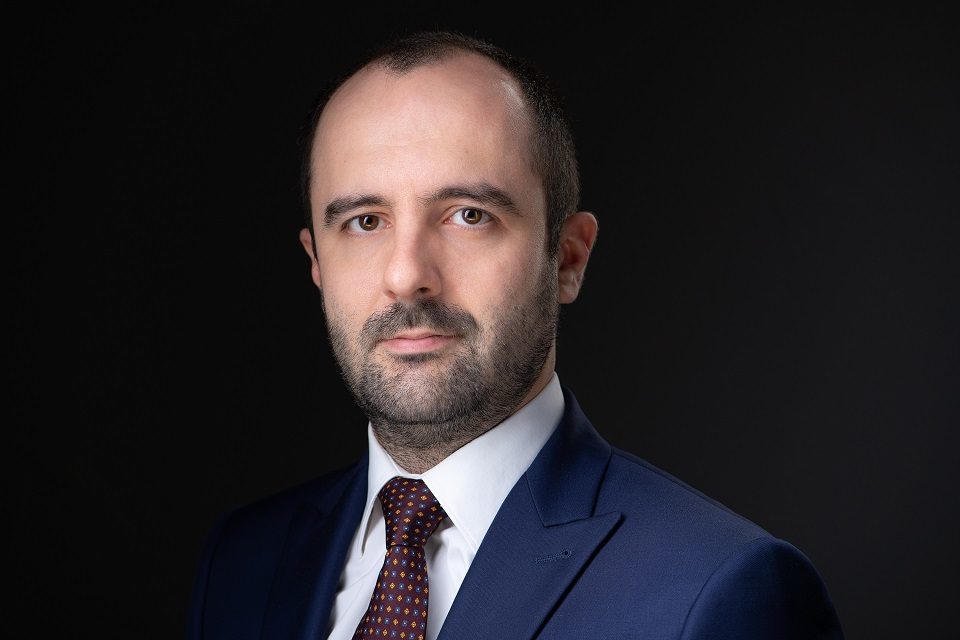During the first half of 2022, more than 3,500 companies became insolvent. Manufacturing and construction industries were the most impacted. But the number of businesses in distress is much higher

- During the first half of 2022, 3,580 companies became insolvent, almost maintaining the same level as in the first half of 2021 when 3,033 insolvencies were registered
- 1,713 companies became insolvent during the first three months of the year, while 1,867 entered insolvency proceedings in the second quarter.
- But of the 6,654 companies with an impact, with assets over EUR 1 million, identified in the CITR study as imminently insolvent at the end of last year, only 32 entered insolvency proceedings in the first half of 2022
- Today, Romania has a new modern legislation (Law No. 216/2022 amending and supplementing Law No. 85/2014), which offers complex reorganization possibilities to companies in distress. Early access to these solutions helps avoid insolvency and recover the business.
. In the first half of the year, 3,580 companies became insolvent, approximately at the same level compared to the first half of last year, when 3,033 companies entered insolvency proceedings. According to a CITR analysis, 32 Romanian companies with an impact entered insolvency in the first semester of 2022, with a cumulative value of fixed assets of Lei 965 millions, while 11 companies became insolvent in the same period of the last year, with fixed assets of Lei 671 millions.
“The number of companies entering insolvency proceedings has not fundamentally changed in recent years. In our opinion, the proportion of companies with an impact that have entered insolvency is insignificant compared to the proportion of businesses that need help. According to the CITR study from the end of last year, 6,654 imminently insolvent companies with an impact were identified in Romania, with assets of more than EUR 1 million. Of these, only 32 entered insolvency proceedings in 2022, and this continues to show us that we are not moving towards a recovery of the economic environment. Fortunately, the new legislation supports the entire business environment and makes available reorganization and early prevention tools. We encourage entrepreneurs to use these solutions. CITR is actively involved in the process of developing a culture of prevention in the business environment,” said Paul-Dieter Cîrlănaru, CITR CEO.
For over 10 years, CITR, a market leader in insolvency and reorganization proceedings, has been studying companies with an impact in the economy with assets over EUR 1 million. In the first semester of 2022, the number of insolvent companies with an impact has almost tripled compared to the same period of the previous year, given that the first semester of 2021 was atypical, without significant pressure on businesses, due to the support measures implemented in the context of the pandemic. Many of the debts due at that time were deferred, causing further debt to accumulate. The CITR studies carried out on their own portfolio over the years show that 57% of the companies have delayed entering insolvency proceedings for at least 3 years, with negative consequences such as over 50% drop in turnover and over 30% increase in debt. Lacking a business prevention culture, many of the entrepreneurs who entered insolvency proceedings were determined by problems that led to the impossibility of continuing their normal business.
In 2022, insolvency proceedings have significantly developed in two areas: the increase in the number of companies becoming insolvent in construction and manufacturing industries. In May, 551 construction companies (34.72% increase), and 339 companies in the manufacturing industry (6.94% increase) became insolvent. The construction sector is significantly impacted by rising prices of construction materials and fuel, the increase in interest rates and labour shortage. The manufacturing industry is impacted by rapidly rising energy and fuel prices, strained supply chains, decreasing orders and rising financing costs.
Studies show that, in general, companies in the European Union delay the acknowledgement of issues and the opening of proceedings of insolvency by 3-4 years, and in most cases, insolvency can no longer be avoided.
About CITR
CITR has been the insolvency and reorganization market leader in Romania ever since 2008. With an experience of over 20 years on the insolvency market and nearly 1000 projects managed over time, CITR is managing assets worth EUR 1 billion on a yearly basis, and is distributing over EUR 100 million to creditors each year, in its mission to save the value of Romanian companies.
The Romanian companies with an impact that have been reorganized or currently reorganized by CITR include ROMAERO, CFR Irlu, Cemacon, Flanco, Diverta, Selina (construction), Galli Galo or Oncos (poultry) and Tektron Brașov (energy).
CITR is a company of Impetum Group, the first Romanian group dedicated to maximizing business value in each stage in a company life, with the aim of contributing to quality improvement, to the consolidation of the national economic environment and to the creation of a successful future for Romania.














